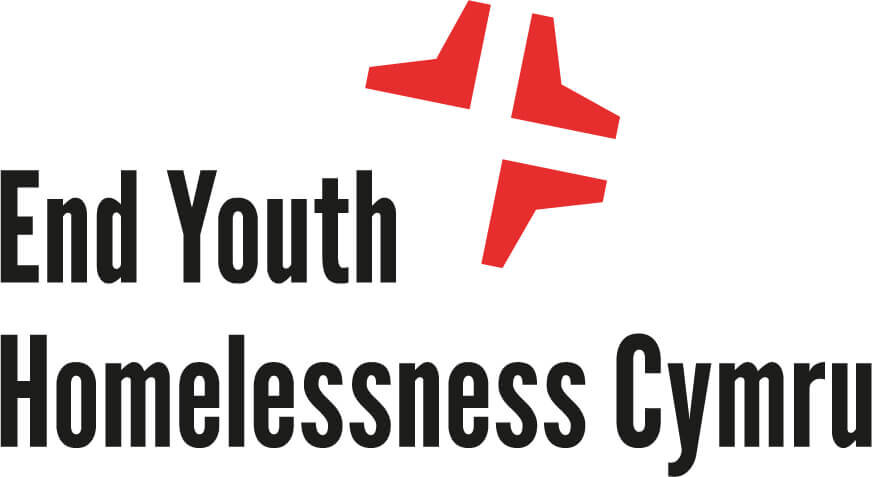Priority Need – Care Leaver or Care Experienced?
As we launch our new report, Don’t Let Me Fall Through The Cracks: Care-Experienced Young People and Homelessness in Wales Lowri Williams, a Youth Justice Accommodation Officer for Gwynedd Council/North Wales Housing Association, reflects on a legal discrepancy which risks young people falling between two definitions and facing homelessness.
As a professional working with young people who are facing homelessness, I will always do my upmost to prevent someone from sleeping on the street. There is a duty and an onus on adults to protect the children and young people in our society. There is no excuse for any young person to be unsure about where they are going to sleep tonight.
In recent years, my professional focus has been on working with young offenders who face homelessness. Some children are care experienced and others are not. I have found that misunderstanding of a couple of key terms – the difference between a ‘Care Leaver’ or a ‘Care Experienced’ young person, as defined in the in the Housing Act Wales (2014) and the Social Services and Wellbeing Act (Wales) 2014, respectively, - can cause significant difficulties. At their worst, the problems caused by these confusing terms can mean clashes between agencies, leaving the young person ‘stuck in the middle’, potentially without accommodation.
Upon presentation as at-risk-of-homelessness, a person must be considered in a ‘priority need’ category in order to receive emergency interim accommodation from the local authority. Children under the age of 18 will always be considered to be in priority need. In these cases, there is a responsibility for both the Social Services Department and the Housing Department to undertake a joint assessment in order to determine which department will take responsibility for the child before accommodating them. Older young people are not necessarily given the same priority need status, and it is here that the discrepancies between ‘care leaver’ and ‘care experienced’ are particularly important.
On more than one occasion, I have found myself battling backwards and forwards between these different departments due to different information in both acts causing discrepancies in whether a young person is considered to be in priority need or not.
According to the Housing Act Wales, someone ‘who has attained the age of 18, when the person applies to a local housing authority for accommodation or help in obtaining or retaining accommodation, but not the age of 21, who was looked after, accommodated or fostered at any time while under the age of 18’ is considered to be in priority need. This rule will apply as long as the person has been accommodated by the Social Services department for a period of 24 hours or more before their 18th birthday. According to the Social Services and Wellbeing Act, a care leaver must have been under the care of the Local Authority for a period of at least 13 weeks between the ages of 14 and 16 years.
As the latter definition of a Care Leaver requires 13 weeks of being in care, if there is an enquiry about a young person, who is homeless and over 18, but has not experienced care for 13 weeks or more (but may have for under 13 weeks), the answer to whether or not they are a care leaver is ‘no’. This therefore leads to no priority and no interim accommodation as there is an assumption that they have not been accommodated by the LA at any time.
There are two different definitions in the separate acts, which both departments follow. Due to confusion caused by the discrepancies in these definitions, it will inevitably lead to some young people not being considered as being due a priority need duty, which could lead to them sleeping on the streets when they should have been offered accommodation.
Not every young person has a professional who can fight their corner. As the information can be complex and is not known to everyone, it can be impossible to argue a duty decision quick enough to prevent the traumatic experience of a young person having to spend the night on the street. As a local authority, we have to be able to do better for young people than this.
